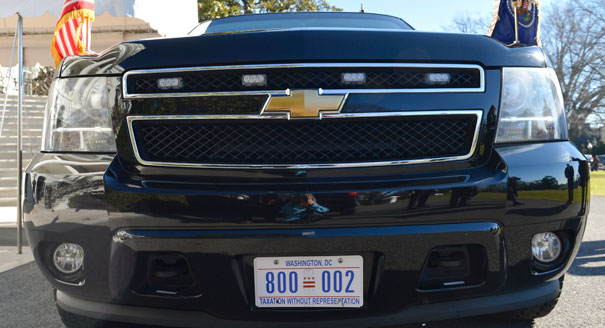Norwegian Nationalism: Healthy Pride or Borderline Bigotry?
Norway has one of the strongest senses of nationalistic pride that you’ll find anywhere in the world. It is a wealthy, educated society that typically enjoys a high quality of life (so long as you can stand sub-zero temperatures and only a few hours of daylight for months on end). On one hand, it is progressing, given that there are now 650,000 first- and second-generation immigrants living here—a figure that has more than doubled in just over a decade. On the other hand, as the 2011 Anders Breivik manifesto so clearly illustrates, this has been a source of widespread discomfort among Norwegians, half of which oppose the country allowing more immigrants in (it should be noted that Breivik, who committed the largest act of terrorism in Norway since World War 2, is Norwegian).
Norway already requires inbound immigrants to learn the local language, going so far as to investing significant resources into their language training and administering formal testing which the immigrant has to pass to stay. (Some would argue this is an unnecessary example of pride, given that nearly every Norwegian speaks English as well and that Norwegian isn’t spoken hardly anywhere outside these borders—so why pay for and require an immigrant who already speaks English to learn Norwegian?). While I personally don’t think this makes sense, I can see why it would be supported. However, I think it is to an extreme when a migrant worker can lose her job for speaking in her native tongue amongst friends during work breaks, as happened to a Polish cleaner at a hospital in 2012.
Later this year, Norway will have a national parliamentary election as it does every four years. One of the three parties on the ballot—the conservative Høyre—have made some interesting statements in regards to immigration issues, which have made me think more about the issue lately. The one that caught my attention was a comment by Bent Høie, a prominent figure in the party (and one who is, ironically, openly gay), who believes that Norway should have separate jails for foreign criminals.
While his argument isn’t as racist as it may seem initially, I am skeptical of the wider message such a belief sends out to people here. Indeed Norway’s prisons are among the more comfortable prison arrangements in the world and focus on rehabilitation and re-adaptation into society, so Høie’s argument questions why Norway’s resources should be spent on people who will be deported upon completion of their term anyway. But does that mean they should be segregated? The opposition Labour Party feels this is an irresponsible view, and it will be interesting to see how these issues of nationalism play a part in this year’s elections.
.jpg)







